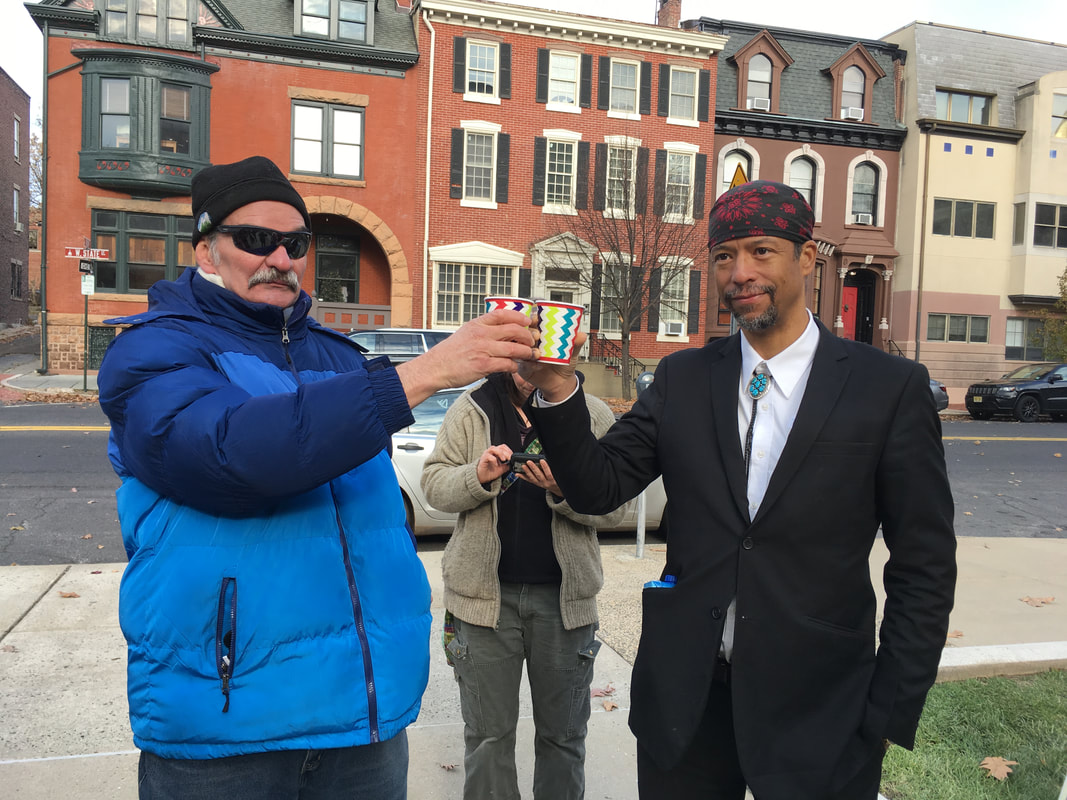One event was a 14-day water-only fast, called Climate Fast NJ, in front of the state office building in Trenton, NJ, calling on Democratic Gov. Phil Murphy not to approve any new fossil fuel infrastructure in the state, including pipelines, compressor stations and power plants. The governor has taken steps to increase the state’s production of renewable energy, and has brought New Jersey back into the Regional Greenhouse Gas Initiative, a cap and trade system that puts a price on carbon that generates investments in clean energy and energy efficiency, but the fasters say these efforts are being undermined by the state’s continued reliance on fracked gas. Two men fasted the full 14 days, while many others joined in solidarity for shorter periods. They got the attention of top state officials, who promised to hold a meeting with them after the Thanksgiving holiday to discuss their concerns. Please call Gov. Murphy at 609-292-6000 or (toll-free) 877-814-5667 to reinforce the fasters' request. Pictured above are Ted Glick and a Ramapough Lenape man, Owl, who both fasted the full 14 days, joined by many others who fasted for a shorter time. They were breaking their fast with a cup of fruit juice.
I hate fasting, but I joined for a day-plus because I wanted to support them. I work with Ted in Beyond Extreme Energy, which conducted an 18-day water-only fast in front of the Federal Energy Regulatory Commission in 2015 with similar demands. As Ted pointed out, the demands have not been met yet, so one could say the fasts have been a failure, but he also says he believes it’s a good way to reach people’s hearts who may respond down the road. There have also been a number of victories lately, including such significant court rulings and delays to both the Keystone XL pipeline and the Atlantic Coast pipeline that it’s not unreasonable to think both may never be built, and who knows what all went into those decisions?
I was in Trenton for the closing ceremony, which was very moving. You can hear excerpts from the chief of the Ramapough Lenape, whose historic lands have been targeted by pipeline companies, and several other speakers in this Between the Lines segment.

 RSS Feed
RSS Feed
